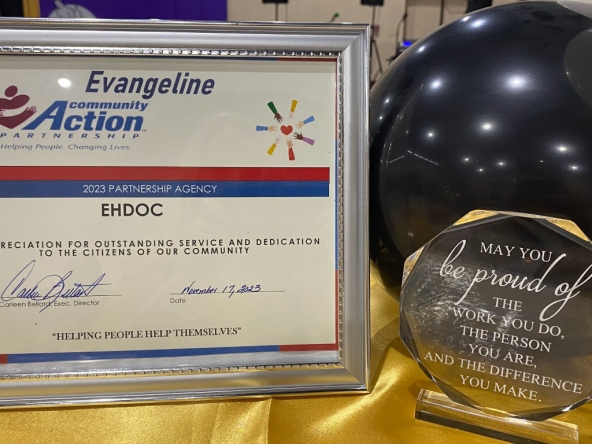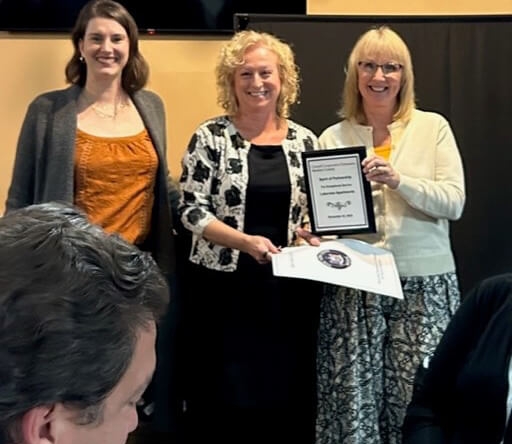Online Safety Tips For Seniors
More and more seniors have grown comfortable being online and having a presence on social media. This is a great way for them to stay connected to friends and family and aware of what’s going on in the world. If they do not know how to safely navigate online, this could lead to several avoidable mishaps. Here are a few online safety tips for older adults.
Use a Password Generator
Depending on the browser, there could be a free password generator available that creates a unique, strong password. Even better is that the software memorizes the password, giving older users one less thing to worry about. This tip is great for anyone and everyone who’s online, not just the elderly. This is because so many people use the same password for all their online accounts. This creates a vulnerability if hackers should get hold of a single password. They then gain access to several different accounts.
Maintain Antivirus Software
Keeping up-to-date on the latest online threats can be rather exhausting. That’s where antivirus software comes in handy. They should have a reliable antivirus program installed on their computer. They then don’t have to worry as much about unknown vulnerabilities hackers can take advantage of. Such software should be downloaded on a tablet, computer and smartphone, just to ensure all bases are covered. Also, senior citizens should be sure the software is set up so it periodically searches for updates. These are then downloaded as they become available.
Learn How To Google
For their health, seniors should turn to a medical expert like Dr. Rohit Varma for questions about glaucoma and cataracts, since these are common in the elderly community. In a similar way, senior citizens need to get into the habit of googling websites and email solicitations they aren’t familiar with. Specifically, it’s best to type in the website or solicitation in the browser followed by “+ scam.” That way, Google will search for connections related to whether the email or site is malicious.
Use Two-Step Authentication When the Option Presents Itself
There’s no such thing as going too far when it comes to online security. Hackers have become more sophisticated than ever. This makes it paramount that users take every precaution to lock down their information and keep themselves safe. Two-step authentication adds an extra layer of protection to passwords. This makes it that much harder for online criminals to access them. The main goal of this level of authentication is so websites, apps, and other services know the right person is accessing an account and all the information in it. Two-step authentication adds another layer of peace of mind for seniors and their loved ones.
Second Guess Urgent Emails
Scammers rely on fear to get their victims to click on malware links and give up sensitive information. Any emails seniors receive that require immediate action or have a lot of exclamation points require scrutiny. This is where a bit of googling and calling the company personally can get to the bottom of what’s going on. Usually, it’s best to reach out to companies that send emails like this first rather than take a call from them at face value.
Senior citizens should do what they can to keep from becoming online victims. These tips, and a bit of vigilance go a long way.
This article appeared originally at: seniorhealthmemos.com



